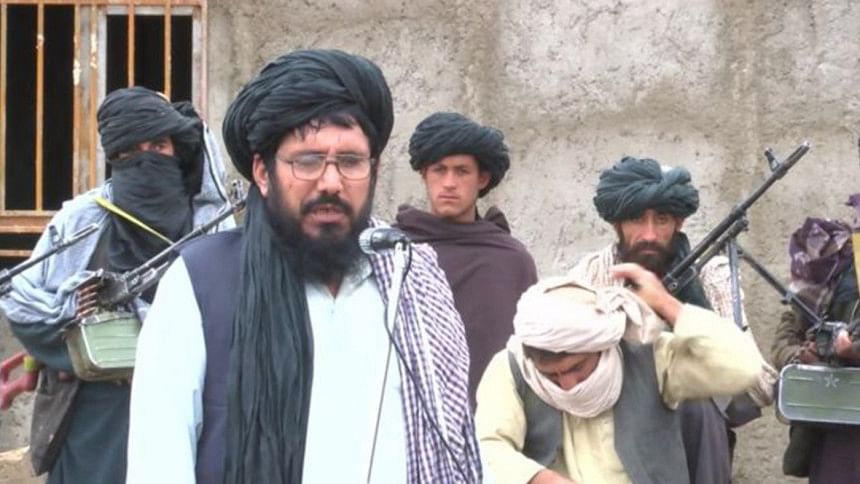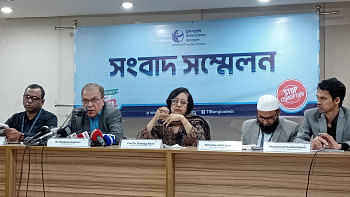Taliban splinter group names leader

A breakaway Afghan Taliban faction has appointed its own leader, underlining deep divisions in the group following the death of founder Mullah Omar.
Mullah Mohammad Rasool was chosen to lead the splinter group at a meeting of fighters in western Farah province.
The dissidents say new Taliban leader Mullah Akhtar Mansour hijacked the movement because of personal greed.
He was appointed in August after the Taliban admitted that Mullah Omar had been dead for two years.
In recent months divisions in the Taliban have burst into the open - and correspondents say the split now appears entrenched.
Analysis - Waheed Massoud, BBC Afghan editor, Kabul
This is believed to be the first formal split in the Afghan Taliban since their emergence in the mid-1990s. The divisions emerged after the death of Mullah Omar was confirmed in late July - many Taliban accused his successor, Mullah Mansour, of hiding the news.
Mullah Rasool says he and his supporters tried hard to convince Mullah Mansour to step down and let the new leader be appointed by consensus - but they say he refused.
At this stage it is not clear if the dissidents can rally mass support among Taliban fighters to be a real challenge to the leadership.
Mullah Mansour claims he has significant support from members of the Taliban leadership council. He has also bolstered his position with recent military victories - in particular in Kunduz, which briefly fell to the Taliban in September, the first provincial capital to do so since they were ousted in late 2001.
The BBC obtained video of the Farah meeting, at which Mullah Rasool, wearing glasses and a black turban, made a 13-minute speech to dozens of his heavily-armed followers.
He will have four deputies - Abdul Manan Niazi, Mansoor Dadullah and Shir Mohammad Akhundzada were appointed to deputise on military affairs and Mullah Baz Mohammad Haris was appointed his deputy for political affairs.
Under Taliban rule, Mullah Rasool was governor of Nimroz province. Reuters reports that he is not a religious scholar.

 For all latest news, follow The Daily Star's Google News channel.
For all latest news, follow The Daily Star's Google News channel. 



Comments